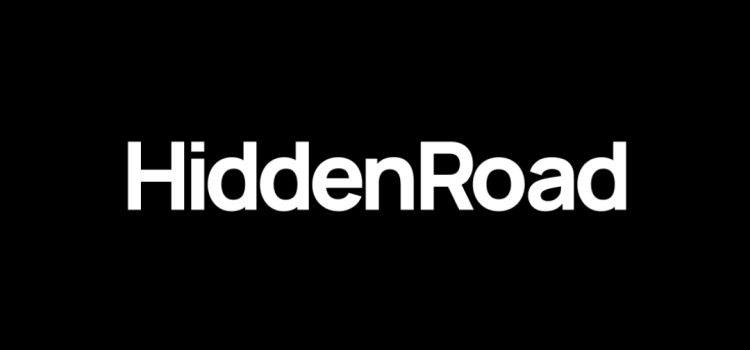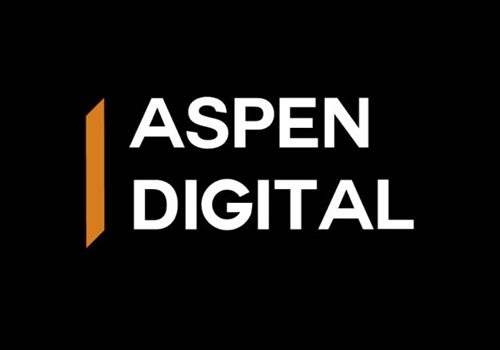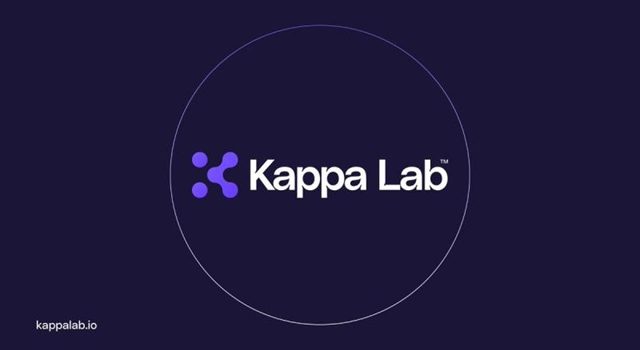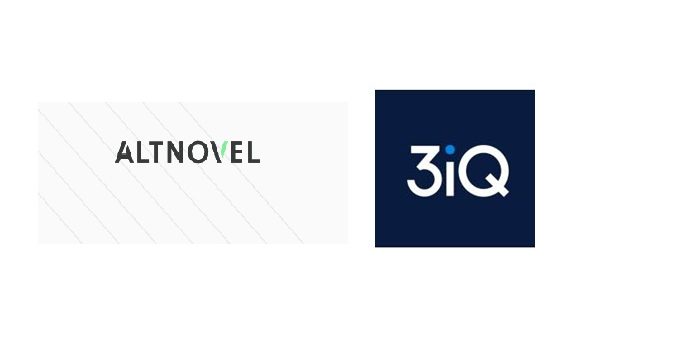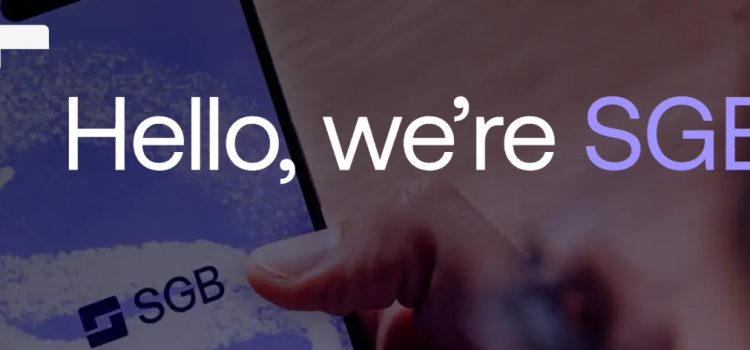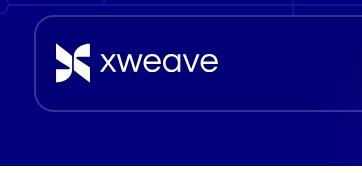
Ripple backed Hidden Road, which offers traditional and digital asset brokerage services, has received In-Principle Approval (IPA) from the Financial Services Regulatory Authority (FSRA) of ADGM to operate as a regulated financial services firm.
Pending final regulatory approval, Hidden Road will be authorized to offer clearing and prime brokerage services across its global suite of traditional and digital asset products to institutional investors in the UAE.
“Receiving our IPA from ADGM marks a significant milestone for our business,” said James Stickland, UAE CEO, Hidden Road. “ADGM’s high regulatory standards make it a key market for institutional growth.”
Hidden Road Partners CIV NL B.V. is licensed as a MiFID investment firm and as a Crypto-Asset Service Provider (“CASP”) by the Netherlands Authority for the Financial Markets (AFM). It is also an authorized a AMLD5 and MiFID investment firm by the UK Financial Conduct Authority; as well as a Commodity Futures Trading Commission (CFTC)-registered Futures Commission Merchant (FCM), a Financial Industry Regulatory Authority (FINRA)-member broker-dealer, and a member of the National Futures Association (NFA) and Fixed Income Clearing Corporation (FICC).
“Our goal from day one has been to equip clients with seamless access both to traditional and digital markets,” said Noel Kimmel, President at Hidden Road. “We continue to actively pursue regulatory approvals around the world to deliver on that commitment, recognizing the confidence and transparency that follows when operating under clear regulatory frameworks.”
Arvind Ramamurthy, Chief of Market Development at ADGM, said, “ADGM congratulates Hidden Road on receiving its IPA from the FSRA to operate as a regulated financial services firm. The expansion of their services within the international financial centre is a testament to the immense opportunities available within Abu Dhabi. We look forward to Hidden Road receiving their Financial Services Permission (FSP) and their contribution to ADGM’s dynamic ecosystem.”
Hidden Road’s IPA from ADGM’s FSRA follows its recent definitive agreement on April 8, 2025, to be acquired by Ripple, a leading provider of digital asset infrastructure for financial institutions, for $1.25 billion. With the backing of Ripple’s significant balance sheet, Hidden Road will exponentially expand its capacity to service its pipeline and become one of the largest non-bank prime brokers globally. The deal is expected to close in the coming months, subject to regulatory approvals.








